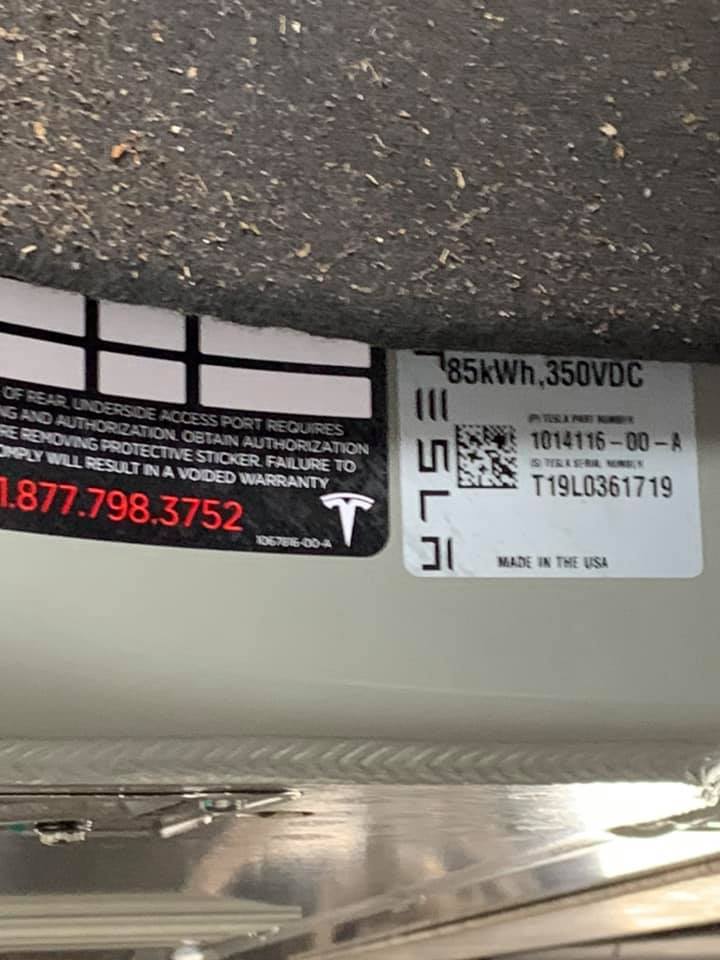Hello Brain Trust--
2012 P85 with 118,000 miles, 12/2012 build, in Upstate NY, with MCU2, approximately 15% supercharging and 85% charged at 20 - 40A at home. I purchased car in March from third owner. Tesla replaced HV battery under warranty with remanufactured July 2020 prior to my purchase, which I thought of as added value in this older car. Car had 100% SOC range of 240 in March with 109,000 mileage, and yesterday had full-charged range of about 235. Car sat unused, unplugged, outdoors in summer heat for six weeks until a week ago and lost most of its charge during that period but had no issues charging to 85% after that. Today the "Maximum battery charge level reduced" warning appeared while the car was charged to 190 miles range. I tried to charge it beyond that and got "charge complete" message, then left it in the driveway -- I don't know what the charge level has been capped at but want to preserve what range I have so I can get it to the SC. Made service appointment on app then got a call from Tesla couple of hours later saying they had remotely analyzed the battery and it needs to be replaced. Tech said it appears that "one brick is shorted." I pressed for more clarity but didn't get it; all he said is that at least one module is defective.
Tesla is giving me option of buying either a remanufactured battery or a new battery; both are 90kWh, and both have same 4 year / 50K mile warranty. Tech said the reman battery would be expected to begin life in my car with about 5% degradation compared to the new battery. Remanufactured (1102982-01-A) is $11,500. New (1101078-00-A) is $21,000. Tech was unable to tell me about actual wait time for either battery to arrive at the White Plains SC but said "about a week."
I'm aware of Electrified Garage, 057 Technology, and ReCell, and have reached out to all for information.
I may be nuts but I am actually leaning toward investing the $21,000 in this older car for the brand new battery -- I would then have $50K in the car. My logic is that I would then have a P90 with something like 290+ miles range at 100% SOC, and, more importantly, I would expect the free supercharging to be much faster for at least the first several years. I would also expect to get 8 - 10 years from the new battery, even if the warranty is only for 4 years, so amortized cost over ten years is not insane. I am also wary of buying a remanufactured battery from Tesla or third parties given that the reman in the car, which was installed 25 months ago, has apparently failed fatally (and is not warrantied as the original 8 year warranty is expired). I love the car and don't have any desire for self-driving or even auto-pilot features, and the car seems to be solid and in very good shape apart from the HV battery. Although I have many other things I'd rather use the money for, I can swing this if it makes sense.
So looking for a reality check here. Are my assumptions above correct? Is my logic flawed and is there a better way to think about this? Thanks in advance--

 teslamotorsclub.com
teslamotorsclub.com


